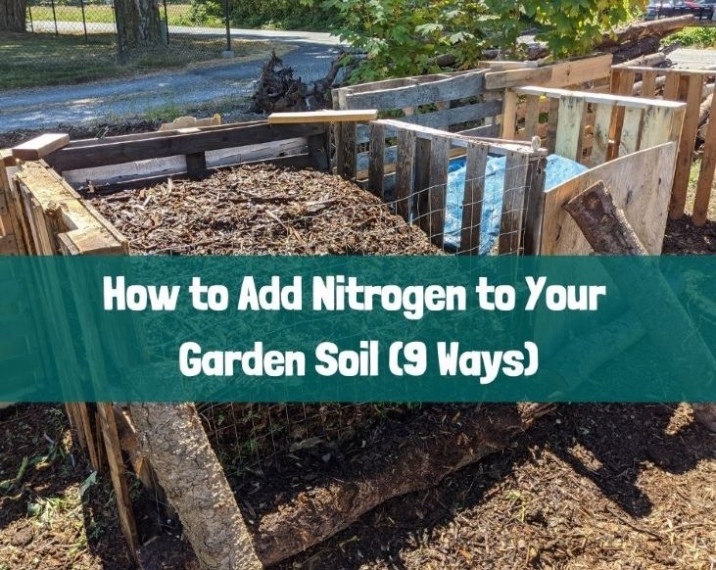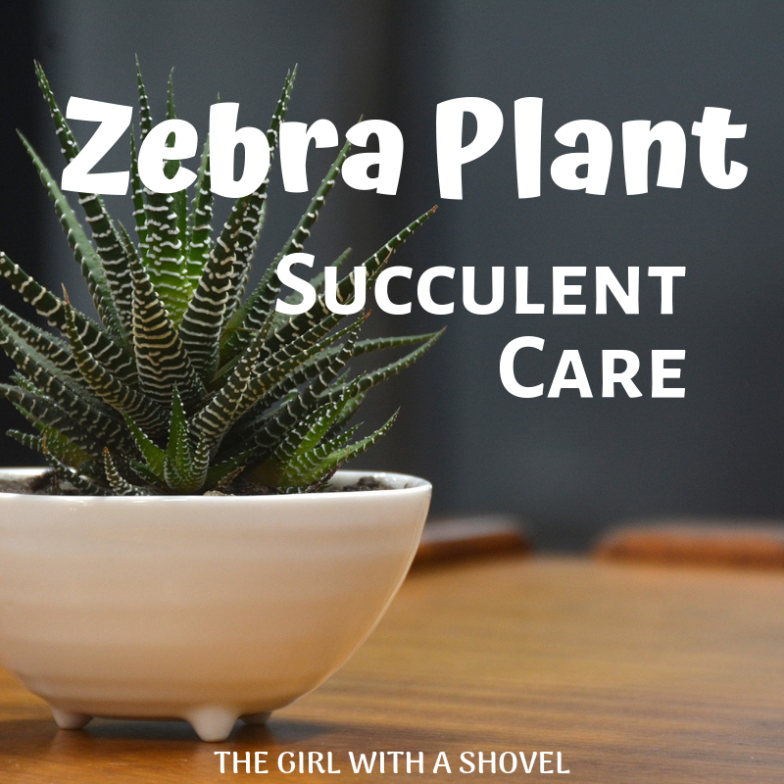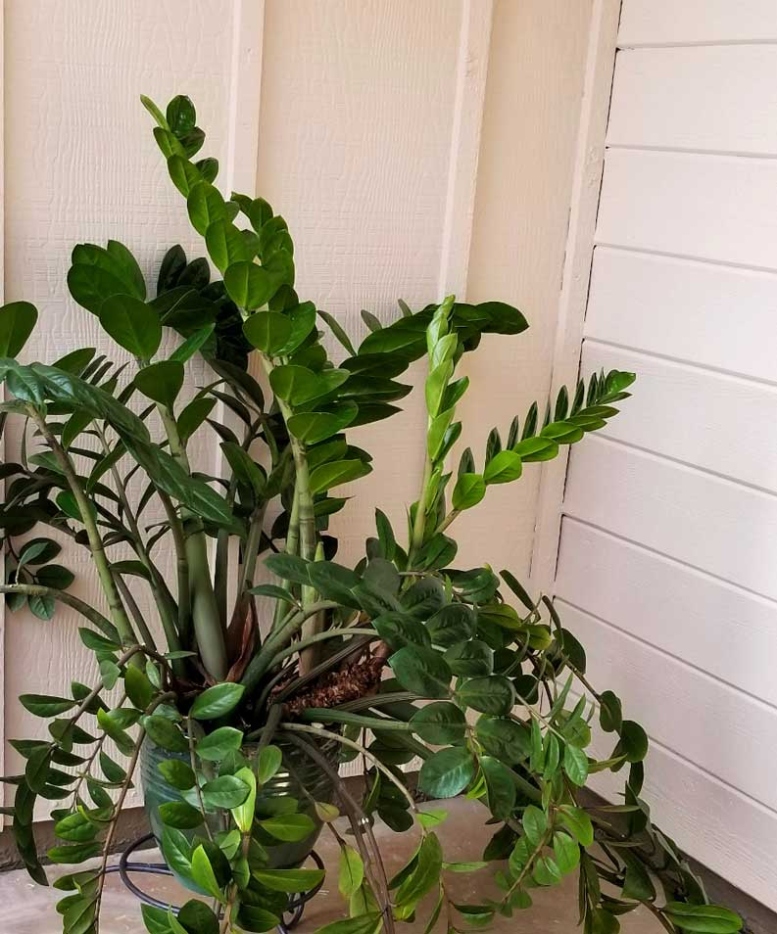How to Add Nitrogen to Plants
What do you mean by adding nitrogen to plants?
Adding nitrogen to plants refers to the process of supplying plants with the essential nutrient nitrogen, which is crucial for their growth and development. Nitrogen is a key component of chlorophyll, the green pigment that allows plants to photosynthesize and produce energy. Without an adequate supply of nitrogen, plants may become stunted, discolored, or fail to produce flowers or fruits.
How can you add nitrogen to plants?

Image Source: growingwithnature.org
There are several ways to add nitrogen to plants, including using nitrogen-rich fertilizers, planting nitrogen-fixing cover crops, and incorporating organic matter into the soil. Each method has its own advantages and can be used in combination to provide plants with a steady supply of nitrogen throughout the growing season.
What is known about nitrogen and plant growth?
Nitrogen is an essential nutrient for plant growth, as it plays a crucial role in photosynthesis, protein synthesis, and overall plant health. Plants require nitrogen in relatively large quantities compared to other nutrients, making it one of the most important nutrients for healthy plant growth. Nitrogen deficiency can lead to a range of symptoms, including slow growth, yellowing of leaves, and poor fruit or flower production.
Solution for adding nitrogen to plants
One of the most common solutions for adding nitrogen to plants is to use nitrogen-rich fertilizers, such as ammonium nitrate or urea. These fertilizers are readily available and can provide plants with a quick boost of nitrogen when they need it most. However, it’s important to follow the instructions on the fertilizer package Carefully to avoid over-fertilizing, which can harm plants and the environment.
Information on adding nitrogen to plants
Another effective way to add nitrogen to plants is to plant nitrogen-fixing cover crops, such as clover or vetch, in between planting seasons. These crops have the ability to convert atmospheric nitrogen into a form that plants can use, helping to replenish nitrogen levels in the soil naturally. Additionally, incorporating organic matter, such as compost or manure, into the soil can also help boost nitrogen levels and improve soil fertility.
How to add nitrogen to plants effectively
To add nitrogen to plants effectively, it’s important to assess the nitrogen needs of your plants and soil before choosing a method of supplementation. Conducting a soil test can help determine the current nitrogen levels in the soil and guide you in selecting the right fertilizers or amendments to use. Additionally, rotating nitrogen-fixing cover crops with cash crops can help maintain a healthy nitrogen balance in the soil over time.
Adding nitrogen to plants naturally
If you prefer to add nitrogen to plants naturally, consider using organic fertilizers, such as compost or fish emulsion, which release nitrogen slowly over time and improve soil structure. Planting legumes, such as beans or peas, can also help increase nitrogen levels in the soil, as these plants have symbiotic relationships with nitrogen-fixing bacteria that convert atmospheric nitrogen into a usable form for plants.
Conclusion
Adding nitrogen to plants is essential for ensuring healthy growth and development. By choosing the right method of supplementation and monitoring nitrogen levels in the soil, you can provide your plants with the nutrients they need to thrive. Whether you opt for nitrogen-rich fertilizers, cover crops, or organic amendments, adding nitrogen to plants can help you achieve a bountiful harvest and vibrant garden.
FAQs
1. How often should I add nitrogen to my plants?
It’s recommended to add nitrogen to your plants as needed, based on the results of soil tests and the growth stage of your plants. Some plants may require more frequent nitrogen supplementation than others, so it’s important to monitor their progress and adjust your fertilization schedule accordingly.
2. Are there any signs of nitrogen deficiency in plants?
Yes, signs of nitrogen deficiency in plants include slow growth, yellowing of leaves (especially older leaves), and poor fruit or flower production. If you notice these symptoms in your plants, it may be time to add nitrogen to improve their health and vigor.
3. Can I over-fertilize my plants with nitrogen?
Yes, over-fertilizing plants with nitrogen can lead to nutrient imbalances, soil acidification, and environmental pollution. It’s important to follow the instructions on fertilizer packages and avoid excessive nitrogen applications to prevent harming your plants and the ecosystem.
4. Are there any natural sources of nitrogen for plants?
Yes, there are several natural sources of nitrogen for plants, including organic fertilizers like compost, manure, and fish emulsion, as well as nitrogen-fixing cover crops like clover and vetch. These sources can help replenish nitrogen levels in the soil and support plant growth without the use of synthetic chemicals.
5. How long does it take for plants to respond to added nitrogen?
The time it takes for plants to respond to added nitrogen can vary depending on the plant species, soil conditions, and method of supplementation. In general, you may start to see improvements in plant growth and color within a few weeks of applying nitrogen, but it can take several months for more significant changes to occur.
6. Can nitrogen be added to plants during any season?
While nitrogen can be added to plants throughout the growing season, it’s best to apply nitrogen when plants are actively growing and in need of nutrients. Avoid adding nitrogen during dormant periods or times of stress, as plants may not be able to utilize the added nutrients effectively.
7. Is it possible to add too much nitrogen to plants?
Yes, adding too much nitrogen to plants can lead to nutrient imbalances, reduced fruit or flower production, and environmental damage. It’s important to carefully monitor nitrogen levels in the soil and follow recommended fertilization rates to avoid over-fertilizing and causing harm to your plants and the surrounding ecosystem.
how to add nitrogen to plants









